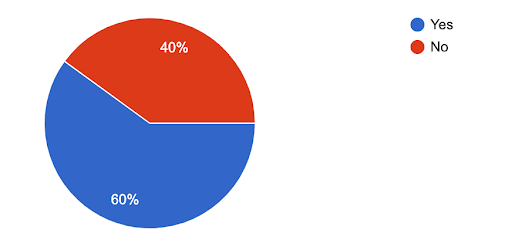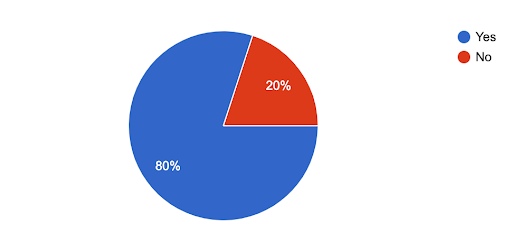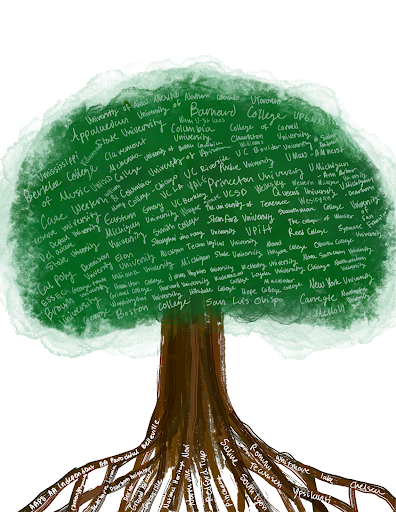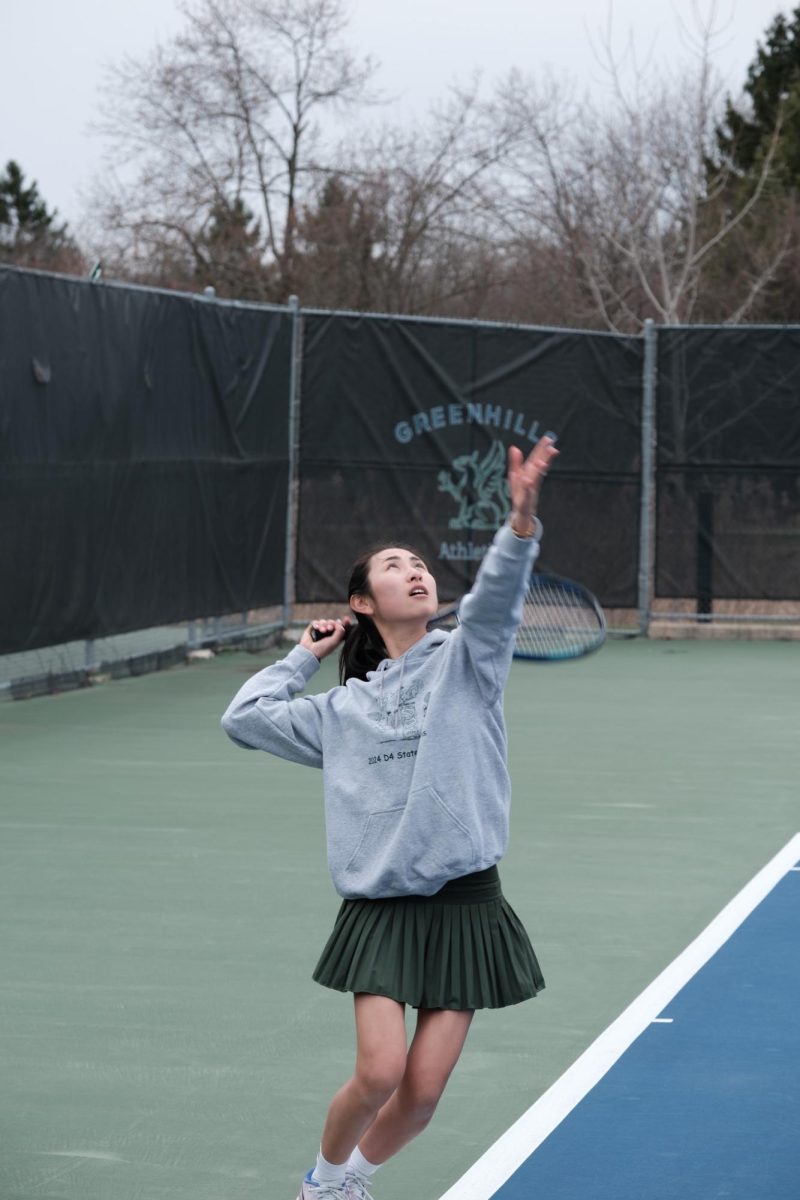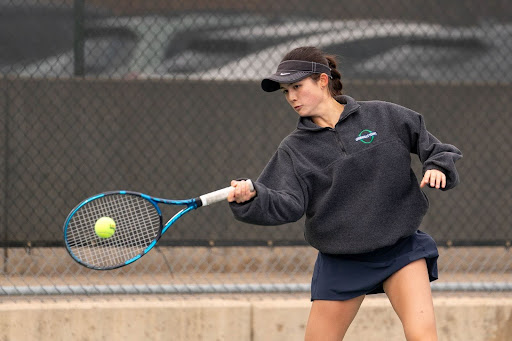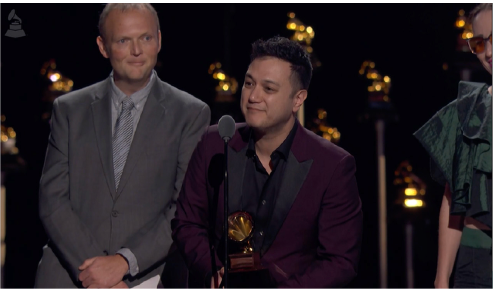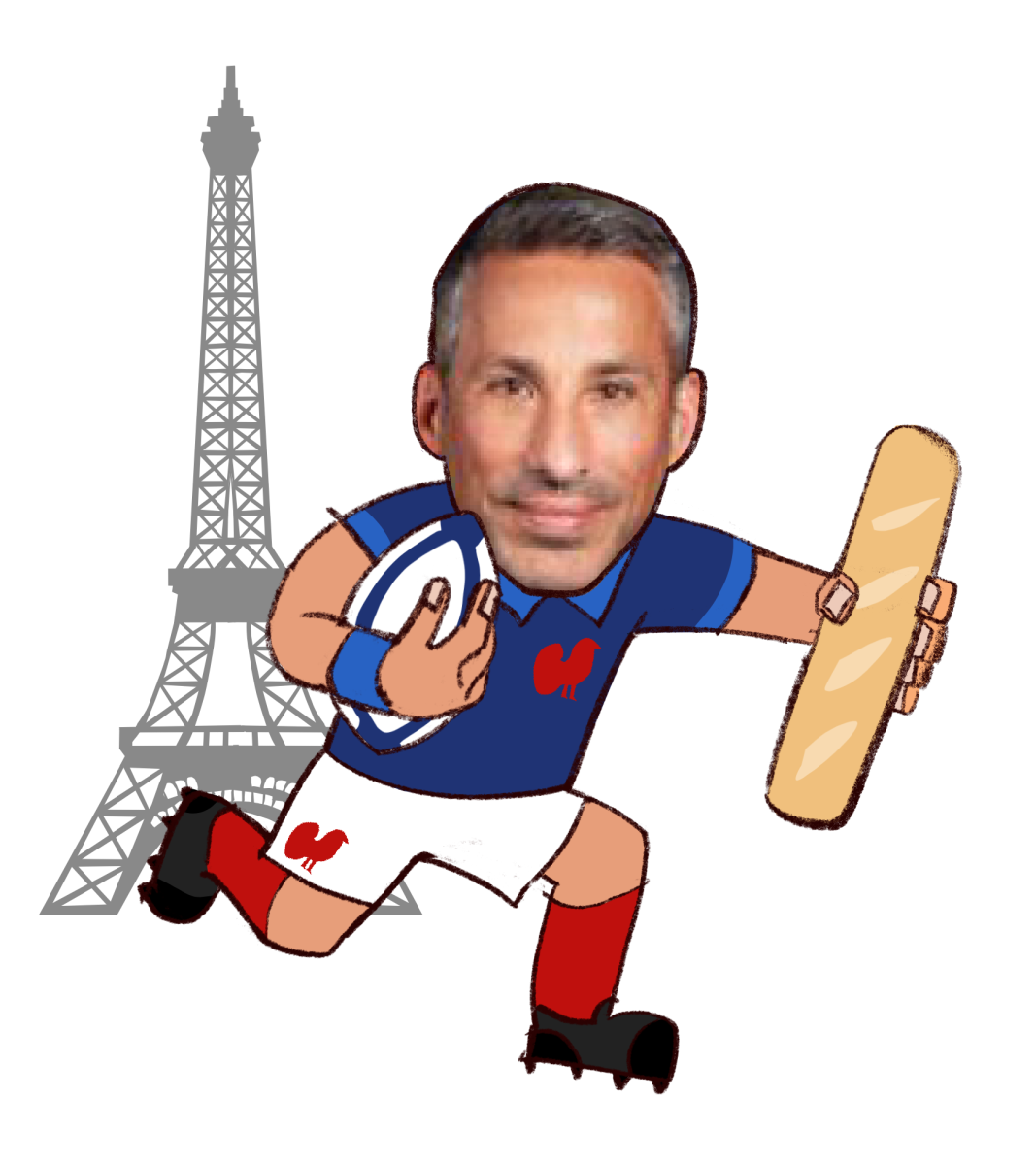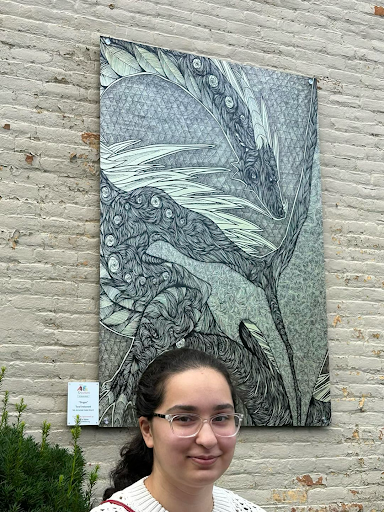Tensions were at an all time high. Black lives matter protests swept the country. Covid disrupted our way of life. The very fate of democracy seemed to rest on getting out the vote. More votes were cast in the 2020 presidential election than any election before. 51.4 percent of all eligible voters 18-24 cast a vote, up 11 percent from the 2016 election.
Young voters have a great and growing power in American politics, which is why it is more important than ever for young voters to be informed and engaged, lest they blindly follow the partisan politics of generations before, which have already wrought so much division.
“I think it’s always important to be politically informed because oftentimes people take for granted the actual decisions that are being made by elected politicians.” said John Lund, Government and Politics teacher. “Students, especially once they’re becoming 18, can have an impact on who those elected officials are and what policies they focus on.”
However in the climate of Greenhills it can be hard to see how important that power really is.
“I think in Ann Arbor and especially at Greenhills, we do exist in a bubble, and that bubble happens to be filled with liberal activists.” said Maya Comer ‘24, co-president of Politics club, “All of my friends are posting about climate change and trans rights, which is great, but I also have to remind myself that’s not necessarily what the larger population does.”
Greenhills doesn’t only have Democrats though. Before Politics club there were Young Republicans and Democrats clubs, with each club containing the most passionate members of its party.
“When we merged our clubs were pretty small.” said Sahana Patel ‘24, co-president of Politics club, “I was surprised at how small Young Dems was. Before we combined, we probably had about 15 members [each]. But then when we combined, we still had the same amount of members because a lot of people left [because they couldn’t stand to listen to each other].”
Due to political polarization only the most impassioned and extremist people participate, and are largely unwilling to hear other points of view. In this climate, even in these low stakes clubs, the two sides have trouble cooperating.
“We like to highlight keeping it respectful,” said Patel.
Inflammatory rhetoric isn’t just a product of being in a liberal school, it’s a learned behavior. A September 22 poll found that nearly all students get their news from social media, family, and friends, all of which for the most part perpetuate our own beliefs.
“Right now we’re very heavily influenced by social media,” said Patel, “It only shows one perspective of what’s going on. You can read a headline and that’s all you’d want to read, because that’s what you’d believe in, and if there’s a contrasting thing on the other side, you wouldn’t really want to learn more, so you just maintain that opinion. Because of social media, we scroll past things really quickly, instead of actually learning more about where it came from, if it’s true or if there’s another side to the argument.”
But this move to social media is not entirely due to the draw of self-affirmation. Throughout the survey students cited the fact that traditional news media is “designed to be polarizing and often goes all in on serious or downright sad stories over others.” as the reason for their avoidance.
Respondents said this lack of trust extends to students’ trust in the whole political process, and therefore our ability to participate in it, with 70 percent of respondents saying they didn’t feel they could. Despite this our generation is probably the most informed and engaged ever.
“I think your generation is the greatest informed generation.” said Lund, “When I was in high school, the internet existed, but it wasn’t this constantly connected wireless era. We weren’t as easily informed, and for the most part we only consumed news from traditional sources like network television, newspapers and magazines.”
We have an opportunity to understand the political landscape to a greater extent, and find our own opinion independently greater than anyone before.
“With social media, there are positives.” said Patel. “You can broadcast different perspectives, but you also have access to a greater range of information [which has benefits and consequences]. So once we utilize that [to expand our horizons rather than narrow them], we’ll have a lot more power. And, we’ll be able to make greater change.”
Overall the trend has been towards greater involvement.
“[When I was] in 6th grade, people were really passionate about gun control because that was when [the shooting at Marjorie Stoneman Douglass High School in] Parkland, [Florida] happened, and people went to the actual D.C. protest portion of the March for Our Lives.” said Comer, “Some of the activism has changed with the political climate. Post Dobbs [v. Jackson Women’s Health Organization, which overturned abortion rights previously protected under Roe v. Wade], it’s shifted a lot more toward abortion. But overall I feel like the trend has been toward greater political involvement.”
At the end of the day it comes down to finding something you’re passionate about and feel you can be a part of.
“Read, read, read.” said Comer, “There’s so much media out there. It shares people’s perspectives. You can see which perspectives you agree with the most. Which ones get your heart pounding the fastest. Once you’ve learned, have your own opinions, that’s when you can start activism and advocacy, and all of that awesome, fun stuff.”
